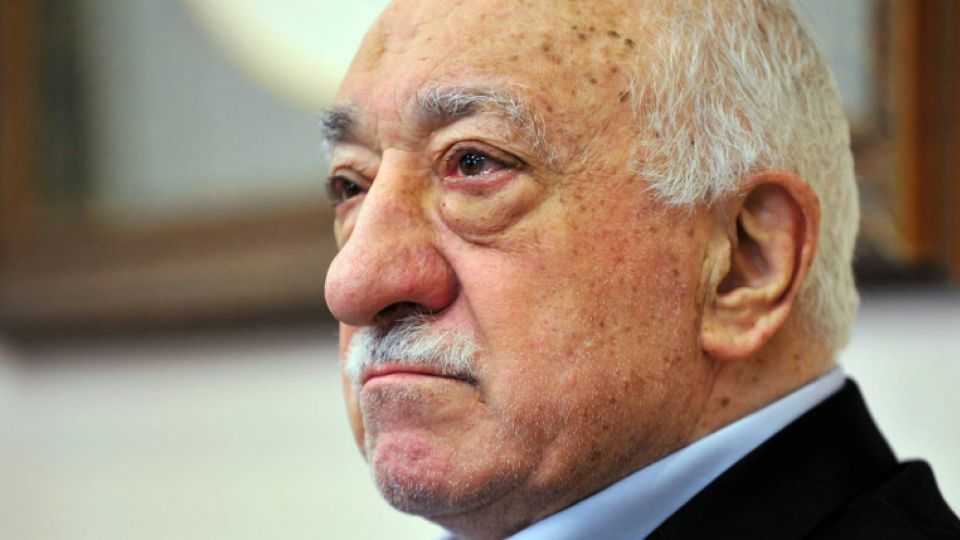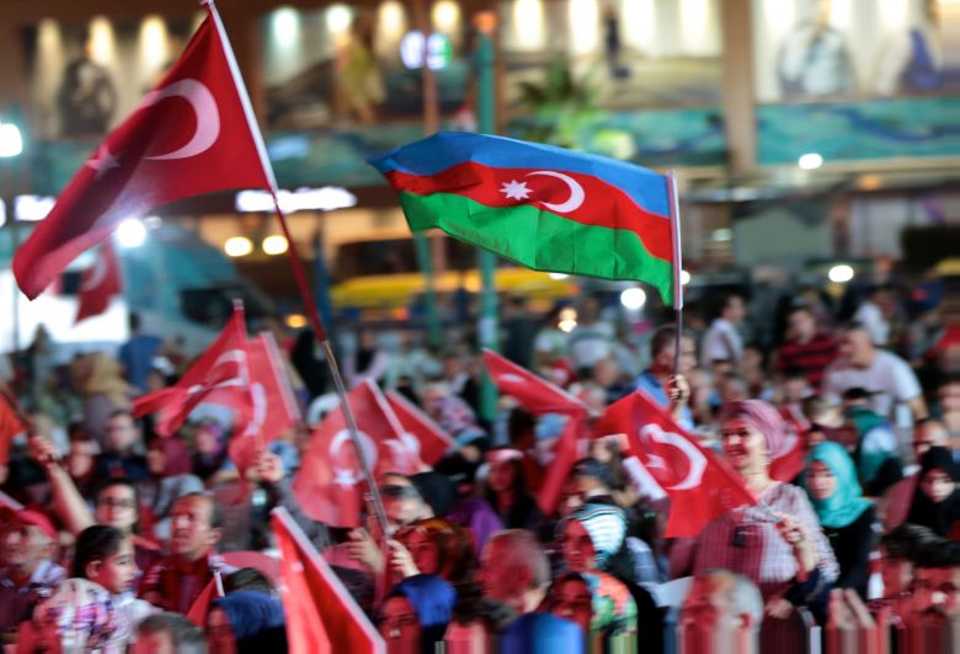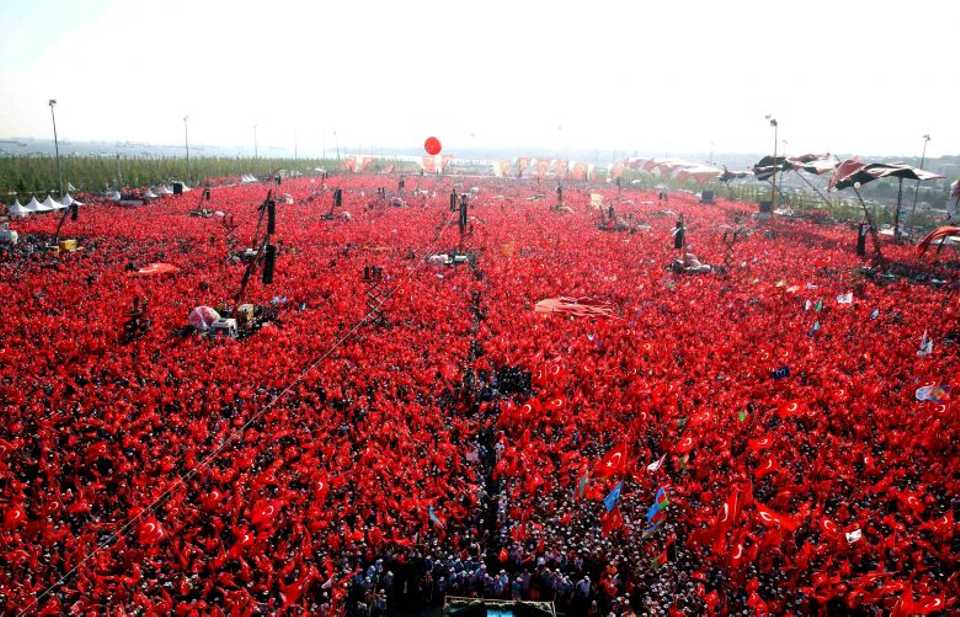
Azerbaijan’s prosecutor-general on Monday announced the opening of a criminal investigation into FETÖ, a group Turkey accuses of being behind a failed attempt to topple the democratically elected government in Ankara last month.
The group, which was officially placed on Turkey’s terror list earlier this year, consists of a wide network of infiltrators in various Turkish state institutions including the police, the army, the judiciary and intelligence services.
Led by US-based cult leader Fethullah Gülen, the group also exercises influence in Azerbaijan as well as other Turkic-speaking ex-Soviet republics in Central Asia.
“To prevent illegal actions on the territory of Azerbaijan by the supporters of the terrorist organisation of Fethullah Gulen, the prosecutor-general has launched a criminal case,” spokesman Eldar Sultanov told Agence France-Presse.
The spokesman did not clarify how many people are expected to be prosecuted.
Azerbaijan, a close ally of Turkey, has already shuttered a private television channel for broadcasting an interview with Gülen shortly after the July 15 coup attempt.
Explaining the closure, Baku said it wanted to “avoid provocations aimed at damaging the strategic partnership between Turkey and Azerbaijan.”

Turkey has been in a state of emergency since July 20 as the government seeks to route-out FETÖ members linked to the coup plot, which was foiled when millions of citizens across the country responded to President Recep Tayyip Erdoğan’s call to resist the putschists.
On Tuesday, arrest warrants were issued for 120 company executives as raids took place on 44 unnamed companies in the Üsküdar and Ümraniye districts of Istanbul, the state-run Anadolu Agency reported.
In the aftermath of the coup attempt, some 35,000 people have been detained, 17,000 of whom have been placed under formal arrest.
Turkey has also requested Fethullah Gülen’s extradition from the US so he can face charges for his role in the putsch.
Last month’s coup attempt resulted in the deaths of 240 people as the putschist soldiers fired on unarmed civilians using live ammunition.
The Turkish parliament building was also hit by air strikes from fighter jets and military helicopters that were hijacked by the putschists.
All four political parties in the Turkish parliament have put up a united front against the coup attempt and have since organised a number of joint pro-democracy rallies.
The biggest rally took place on August 7 in Istanbul’s Yenikapı Square, attracting an estimated 5 million people.











Discussion about this post